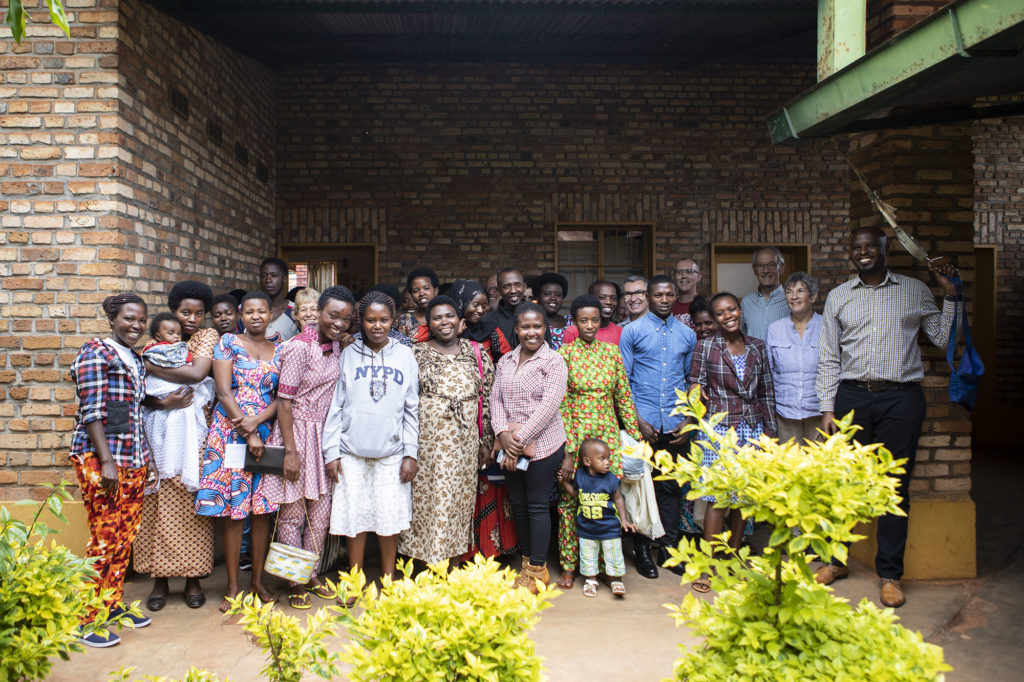
Many years ago, an elderly British politician was interviewed about his life and achievements. He had been both successful and influential, so it surprised the audience when the interview went as follows:
Reporter: Looking back on what most people would think has been a remarkable life, do you have any regrets?
Politician: Yes. I’m sorry I wasn’t killed along with the rest of my friends when I was a soldier during World War Two.
Reporter: But that was forty years ago.
Politician: Yes.
His words reveal a reality that many survivors of atrocities and abuse might understand. Feelings of isolation and worthlessness; depression and hopelessness; and more darkness than light.
That’s why Network for Africa focuses on supporting people struggling to escape traumatic memories and experiences in conflict. Together with our local partners, the Survivors’ Fund, we provide regular group and individual counselling for survivors of the genocide in Rwanda.
The Rwandan ministry of health reports that 35% of people who survived the genocide have mental health issues. With that in mind, it is hardly surprising that our counselling sessions are massively oversubscribed. People sometimes have to walk four miles on an empty stomach, carrying their infants, to reach one of our twelve groups throughout the country. Yet, despite the challenges of poverty and domestic responsibilities, they attend our twice monthly meetings.
Finding a Supportive Family Substitute
When we ask them why they come to our group counselling sessions, they cite the psychological resources they are taught – relaxation techniques, positive thinking, visualizing a safe place to take their minds when they are troubled by negative memories. But they also tell us how important it is to be with people who understand what they have endured. Instead of feeling isolated, they can build friendship and trust with other survivors.
For instance, Marie is twenty-five, meaning she was born during the genocide period. As an infant she was separated from her mother in the upheaval. Although her mother survived the killing spree, their house was burnt to the ground, and her family assumed Marie was dead. Only years later was she reunited with her mother. In the meantime, Marie had been living her uncle, a priest, who beat her and the other orphans in his care. Delighted to finally meet her mother, she soon became disappointed when she saw that her mother resented Marie for reappearing in her life. She found herself wondering, “What’s the point of family, if they behave like this?”
Then the local leaders in Marie’s town referred her to our group counselling sessions. It has helped her to understand that she wasn’t the only member of her family to be damaged by the genocide, and the events following it. She has also found a supportive family substitute among the other survivors attending the sessions. It has given her the strength to start each day in a more positive frame of mind. No one pretends Marie’s voyage will be an easy one, but thanks to her counselling, she feels she is on the right road.
Our Thanks and Gratitude
We thank the Survivors’ Fund for their outstanding work, and we also pay tribute to Dr. Barbara Bauer and Shelly Evans, our extraordinary volunteer psychotherapists from Missouri, who refuse no invitation to travel the world, training local people to be counsellors.